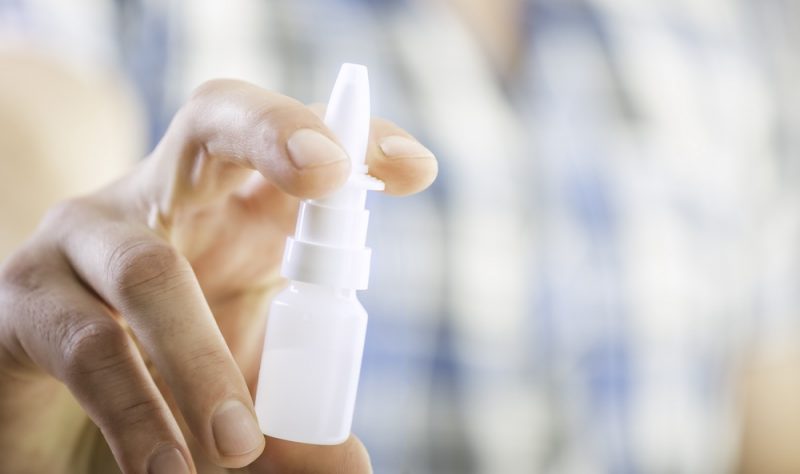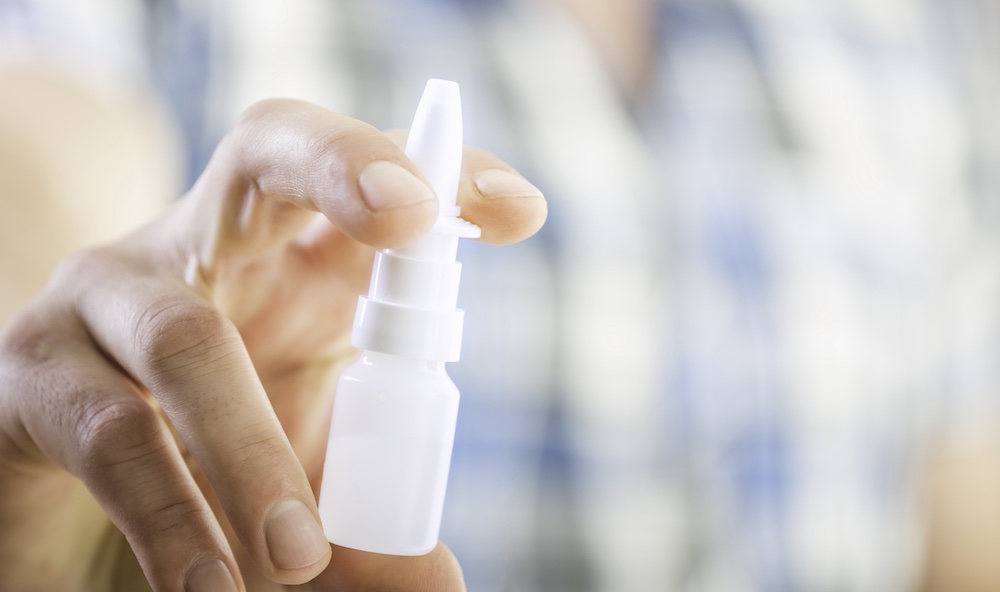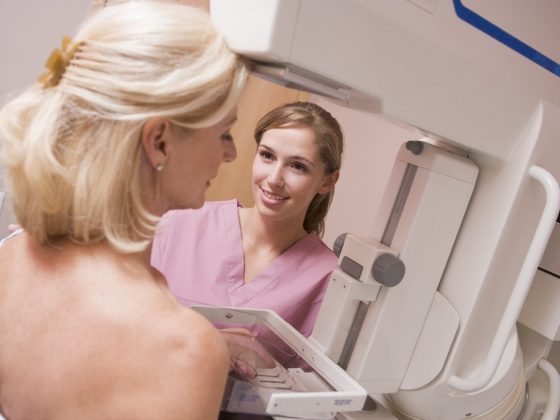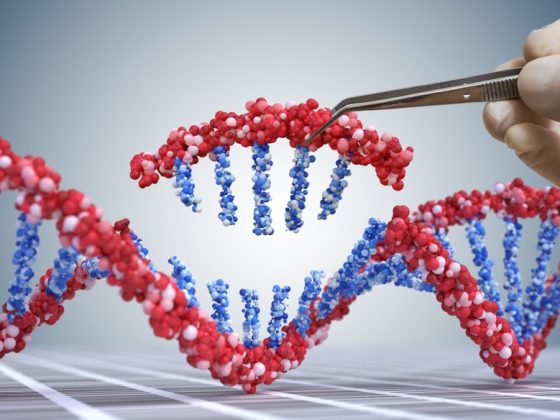Many cases of acute radiation dermatitis involve the common skin bacterium Staphylococcus aureus. Two linked papers in the same issue of JAMA Oncology, published online 4 May, suggest bacterial decolonisation of Staphylococcus aureus (S aureus) offers an effective approach for preventing this burdensome skin reaction. The first paper demonstrated S aureus colonisation to be an independent risk factor for the development of grade 2 or higher acute radiation dermatitis (ARD) for patients with breast cancer or head and neck cancer. The second paper showed bacterial decolonisation treatments offer an effective strategy for ARD prevention in patients with breast cancer.
“Until now, ARD was assumed to result simply from the skin being burned by the radiation, which meant not much could be done to treat it,” says Beth McLellan, from the Albert Einstein College of Medicine, New York, and senior author on both papers. “The readily available treatment we’ve developed and clinically tested could potentially save hundreds of thousands of people each year [in the United States] from severe ARD and its excruciating side effects.”
A condition characterised by red, sore, itchy, or peeling skin, ARD affects up to 95% of people undergoing radiation therapy for cancer. Despite such high prevalence, evidence-based treatment options have been limited. Since S aureus is associated with skin disorders leading to the breakdown of skin, such as eczema, the team hypothesised that the bacteria might be involved in ARD development.
To test their theory, between July 2017 and May 2018, 76 patients with breast or head and neck cancers had bacterial culture samples taken from three different body sites – from inside the nose, from skin in the irradiated area, and from skin on the side of the body not exposed to radiation – both prior to radiation treatment (baseline) and during the final week of treatment. Radiation dermatitis was graded weekly by the treating radiation oncologist, who was blinded to the patient’s colonisation status.
Results showed that all 76 patients developed ARD: 61.8% (n=47) had grade 1 ARD; 28.9% (n=22) had grade 2; and 9.2% (n=7) had grade 3.
Basal S aureus colonisation was found to be present in 34.5% of those who developed grade 2 or higher ARD vs 12.8% of those developing grade 1 ARD (P=0.02 by X2 test).
“The finding suggests that in patients who are colonised in the nares [nose] at baseline, radiation-induced disruption of the skin barrier may allow SA [S aureus] to proliferate on the skin amplifying the inflammatory process,” write the authors.
In the second study (NCT03883828), McLellan and colleagues explored whether bacterial decolonisation undertaken prior to radiotherapy decreased the severity of ARD for cancer patients receiving radiotherapy.
In the phase II/III trial, between June 2019 and August 2021, 75 patients with breast cancer and two with head and neck cancers were randomly assigned 1:1 to bacterial decolonisation (n=39) or standard of care (n=38). The decolonisation regimen included intranasal mupirocin (2%), with ointment applied twice daily and chlorhexidine gluconate (4%) body cleanser used once daily for five consecutive days prior to radiotherapy, and repeated for five days every two weeks throughout radiotherapy. Patients in the standard of care arm used normal hygiene and emollients.
Results show that the primary endpoint, development of ARD grade 2 or higher, occurred in none of the 39 patients in the bacterial decolonisation arm compared with nine of the 38 patients (23.7%) treated with standard of care (P=0.001).
The mean ARD grade was 1.2 for patients treated with bacterial decolonisation compared with 1.6 for those in the standard of care arm (P=0.02).
Regarding bacterial decolonisation efficacy, nasal S aureus colonisation rates in the bacterial decolonisation arm decreased from 10.8% (4 of 37) at baseline to 5.4% (2 of 37) following treatment; this compared to rates in the standard of care group that increased from 16.2% (6 of 37) at baseline to 24.9% (9 of 37) after treatment.
Following completion of radiotherapy, rates of S aureus colonisation differed significantly, with 5.4% in the bacterial decolonisation group testing positive vs 24.3% in the standard of care group (P=0.02). This contrasts with much more similar rates of colonisation between the two groups recorded before radiotherapy, which found 10.8% testing positive in the bacterial decolonisation group vs 16.2% in the standard of care group (P=0.50).
Of the 39 patients who received bacterial decolonisation, 27 (69.2%) adhered to the regimen and only one (2.6%) withdrew from the trial due to itch.
“Interestingly, our BD [bacterial decolonisation] regimen was successful despite an unexpectedly low baseline incidence of S aureus colonisation. Bacterial culture of the nares is known to have a sensitivity of 67% so the incidence of S aureus colonisation is higher than reflected in our data,” write the authors, adding that patients may become colonised during the course of radiotherapy, especially given frequent visits to healthcare facilities.
“Our regimen is simple, inexpensive, and easy so we believe that it should be used for everyone undergoing radiation therapy, with no need to first test individuals for S aureus,” says McLellan. “I believe that this will completely change protocols for people undergoing radiation therapy for breast cancer.”
But to be able to recommend the approach on a large sale, she adds, larger studies are needed involving more than one hospital and multiple different cancer types and also to compare bacterial decolonisation to other treatments, such as topical steroids.
The overall effect of the skin microbiome on radiation dermatitis also needs investigation. “We expect some bacteria may actually be protective against radiation dermatitis and this is an area we are actively studying,” McLellan tells Cancerworld.












